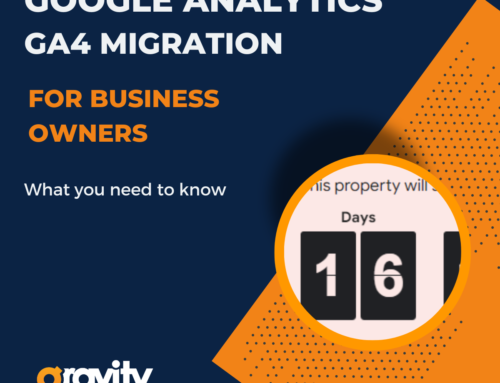There is a lot of SEO information online, but ultimately content is the only SEO you need. You just need to know how to leverage the content. First, think through why you want to increase traffic and then follow this guide to understand how search engines work.
Understanding and implementing proven and honest SEO strategies is one of the best ways for you to increase traffic to your website through organic search results. The first step to take when developing your website is to ask yourself a few questions.
Business Goals = SEO
Goals Your business goals can easily translate into your SEO goals.
What is the goal of optimizing your site for search? Is your goal to increase traffic? Increasing brand authority in a niche market? Increased conversions?
Who is seeking information about your business? Answering this question will help you to understand your target audience in order to curate website content that users will respond to.
Why is the user using the search terms they’ve chosen? What is the user’s intent when they are searching for terms that are related to your business?
As a general rule, there are three types of search intent:
- Navigational: A search query with the intent of finding a particular website or business. (Think branded search inquiries, I.e. Microsoft)
- Informational: Queries with the intent of gaining information about a broad topic or an answer to a specific question ·
- Transactional: The intent of these queries is to complete a transaction (I.e. make a purchase, pay a bill, downloading free tools, etc.)
Now that you’ve reflected internally upon what your business offers, the goals you hope to achieve by improving your site S.E.O., and who is looking for it, we can begin to look at how a search engine actually reads and interprets the webpages you have set up.
How Search Works
Search engines utilize tools called web crawlers. Web crawlers follow links and sitemaps in order to discover content. Information retrieved from web crawls is stored in an index where it can be retrieved later, in order to produce results from search inquiries. Indexes store detailed information about a web page, including the general nature of the content. Ranking systems use an algorithm to determine what each page is about and how it should appear in search queries. They show search results by:
- Interpreting the intent of the search query
- Identifying pages in the index that contain content related to the query
- Ranking and returning pages in order of relevance and importance
Here are some of the top ranking factors that search engines consider when returning results (In descending order):
Direct website visits – The amount of times a user visits your site directly via a bookmarked page or directly typing in a URL
Time on site – The amount of time a user spends on your site before leaving
Pages per session – Total number of pages visited during a session
Bounce rate – When someone visits your site for an extremely short period of time and leaves without accomplishing anything it is considered a “bounce”
Total referring domains – Other websites that user hyperlinks to point to your site
Content length & quality – It is important that content be personal, unique, and relevant to the user length can vary, but a good rule is to be over 150 words, with 300 words being an ideal minimum
Internal links – Links within your own website that point users toward relevant pages on your own site
Keywords – These are the words repeated throughout a page that tell the search engine what your page is really about. They can be found in the body, header, meta-description, and alt tags on images.
If you feel you’ve fulfilled these requirements but your site is not ranking well in search, analyze the quality of your content or it’s relevancy to your audience.
Search engines are in constant development and upgrade. Increasingly becoming smarter while producing better and more accurate results for search inquiries each day. As a business, the best thing you can do each time you are developing or improving an existing webpage is to practice an internal reflection about what your goals are, who your audience is, and why they are searching. Answering these questions through the content on your webpage will provide you with positive results, increased traffic and improve your rankings.
If this guide helped you better understand how search engines work, keep your eye out for Gravity Marketing LLC’s next blog post. We will be diving deeper into the ranking factors search engines consider when crawling and indexing web pages. Our in depth strategy guide will tell you how to improve each individual ranking factor, explain why they are important, and look into other tips and tricks for SEO ranking as well as the future of SEO.
Are you planning a website development project in the future? Download The Business Owner’s Guide to Website Development to avoid common mistakes…








